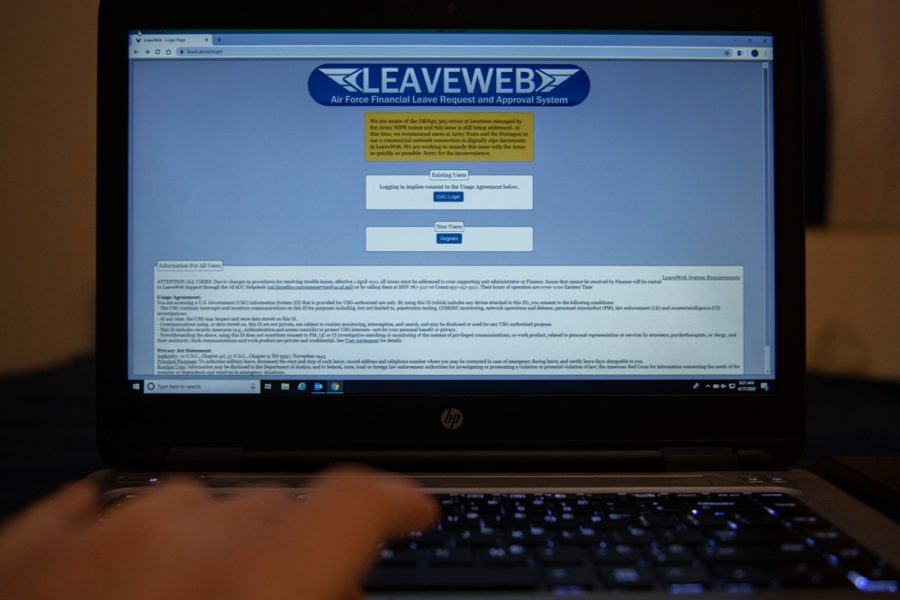The Department of the Air Force updated its leave policies in early April, adding time off for Airmen and Guardians seeking fertility treatments, recovering after a sexual assault, or preparing for employment in civilian life.
Under the April 6 update to DAF Instruction 36-3003, commanders can approve up to 35 days of permissive temporary duty at a military medical treatment facility for service members seeking fertility treatments. Those 35 days do not have to be consecutive and can be split up if recommended by a medical advisor. The new policy is open to male and female Airmen and Guardians.
There are six military medical treatment facilities where service members can seek fertility treatments:
- Walter Reed National Military Medical Center, Bethesda, Md
- Tripler Army Medical Center, Honolulu, Hawaii
- Womack Army Medical Center, Fayetteville, N.C.
- Madigan Army Medical Center, Tacoma, Wash.
- San Antonio Military Medical Center, San Antonio, Texas
- Naval Medical Center San Diego, San Diego, Calif.
“My wife and I have had our own struggles with starting a family, so I recognize what a strain this can be on our Airmen and Guardians, personally and financially,” Air Force Secretary Frank Kendall said in a statement. “I wholeheartedly support this program, and I hope our teammates take full advantage of it.”
According to an Air Force release, the policy change was advocated for by the Women’s Initiative Team, part of the department’s Barrier Analysis Working Group, or BAWG. The BAWG has established seven subgroups to study specific barriers facing minorities in the service and to propose efforts to address those barriers.
“I am passionate about this because I believe in taking care of our Airmen and Guardians,” USSF Chief Master Sgt. Martha Burkhead, the WIT lead for this initiative, said in a statement. “I have had several members struggle with fertility issues and can attest to the rippling effects it has across the military.”
Another update included in the leave program is a policy allowing commanders to authorize up to 30 days of convalescent leave for Airmen and Guardians who are survivors of sexual assault. That change is in line with one of the recommendations from the Pentagon’s independent review commission on sexual assault in the military, which Defense Secretary Lloyd J. Austin III accepted and directed the services to implement.
Other updates include changes in leave policy for Airmen and Guardians set to transition out of the service. One allows PTDY for such service members who are within a year of retirement and want to attend a DOD-sponsored employment seminar under the Transition Assistance Program “when the member cannot schedule one locally.” Another allows for non-chargeable leave for service members participating in the SkillBridge program, which offers civilian employment training for service members in their last 180 days of Active-duty service.
